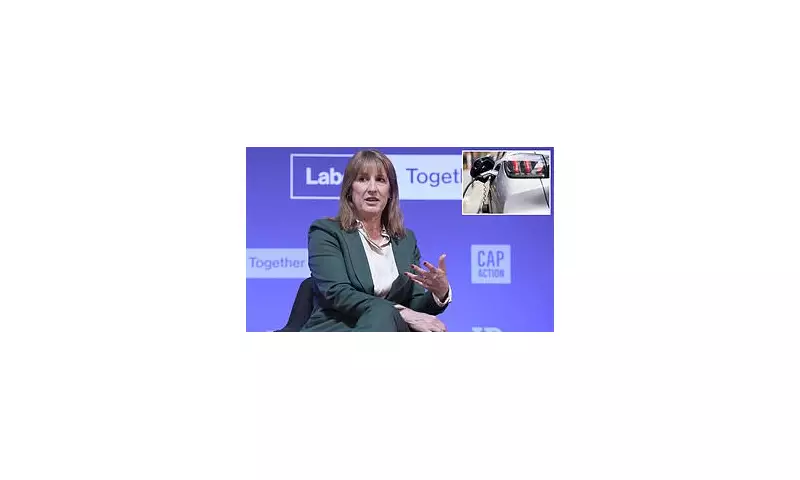
Chancellor Rachel Reeves is facing a political firestorm after breaking a key election promise by confirming the government will proceed with a controversial new road tax for electric vehicle owners.
The move, branded a "poll tax on wheels" by furious motoring groups, represents a dramatic U-turn from Labour's pre-election position and threatens to undermine the UK's transition to greener transport.
Broken Promise on the Road to Net Zero
Just months after campaigning against the Conservative government's plans to end the EV tax exemption, Reeves has quietly included the measure in her first Budget preparations. The decision means millions of electric car drivers will face new annual charges from 2025.
The reversal has stunned environmental campaigners and industry experts who had welcomed Labour's previous stance supporting electric vehicle adoption through tax incentives.
Motoring Groups Cry Foul
Leading automotive organisations have condemned the policy shift, with several drawing uncomfortable parallels with Margaret Thatcher's disastrous community charge.
"This is nothing short of a poll tax on wheels," declared the AA's head of policy. "The government is penalising drivers who've done the right thing by switching to electric vehicles, often at considerable personal expense."
Industry Reaction and Concerns
- Car manufacturers warn of slowing EV adoption rates
- Charging infrastructure investment now at risk
- Second-hand EV market could face significant devaluation
- Environmental targets may be compromised
Budget Implications and Political Fallout
The Treasury insists the tax is necessary to address the growing gap in road tax revenues as more drivers switch to electric vehicles. However, critics argue the timing couldn't be worse, with the cost of living crisis still gripping many households.
Senior backbenchers are already expressing private concerns about the political damage, particularly in marginal constituencies where environmental issues and household budgets are key voter concerns.
The controversy threatens to overshadow Reeves's first major Budget and raises questions about the government's commitment to its green industrial strategy. With backbench unrest growing and motoring groups in open revolt, the Chancellor faces a bumpy road ahead.






